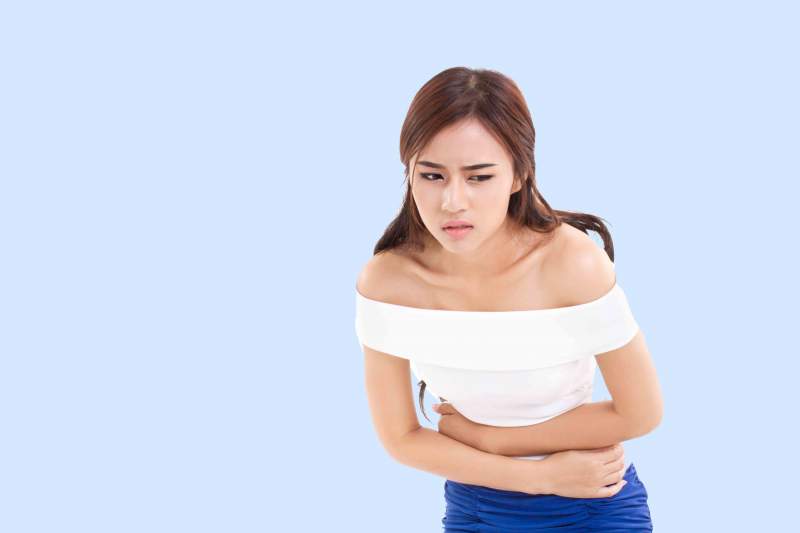
Things You Need to Know about Your First Period
19-02-2019 | Posted By: Kathy Meyer | 1915 View(s)
A woman’s menstrual cycle starts when puberty hits since your brain will begin to signal your body to produce hormones wherein some of these hormones prepare your body for pregnancy —meaning, your menstruation is a sign that you can conceive a child.
Surely, having your first period can be scary and intimidating, making you frantic since you do not know yet what to do. However, there’s no need to feel that way. We’re here to help you out through this process and welcome your first period with ease. What you first need to remember is that it is a natural part of growing up and there’s nothing to worry about.

Menarche
Many women do not know this term, but menarche is the name given to that very first period that you have when you were a young girl which usually happens around 9 to 14 years old. However, over the years, the average age of menarche has been gradually getting younger. The cause of it is still uncertain, but there are possible reasons as to why girls are getting their periods earlier than before.
These reasons are most likely due to lifestyles, such as increased rate of obesity, and specific exposure to chemicals which may be found in some food, and psychological or social stress.
First Period Signs
If you’re one of the girls that are still yet to have her first period, then here are some first period signs that you may notice before menstruating. Most girls will have seen signs of puberty like the beginnings of breast development and hair growth in different body areas.
Then, there would be a small amount of vaginal discharge which is mucus or clear or white fluid that comes from the vagina which is a fluid that keeps your vagina clean and healthy. Afterwards, periods usually start to happen about one year after the vaginal discharge.
This is why it is a good idea for girls around 10 or 11 years old to start bringing emergency pads or menstrual cups. For added menstrual cup information, especially on some sleepovers and camping outdoors in case your period surprises you out of nowhere —nothing beats a girl scout!

How Often Will You Get Your Period?
Your period starts ticking from the first day of your menstruation in a month to the first bleeding of the next month. Your menstruation happens every month wherein the average menstrual cycle is about 28 days, but there are also those women who experience the 21-45 days cycle which is considered normal. However, remember that your menstruation cycle shortens as you age, in which it may take six years or more for your cycle to get regular after your first period.
Tacking Your Period
Tracking your period comes in handy since it would help you be prepared for your bleeding every month and not be surprised that you suddenly had those red stains on your clothes. Not only this but tracking your period also helps in looking out for your health since you may notice some pattern of your menstrual cycle—this is especially needed for those who experience irregular cycle.
So, how will you track out your period? Apps installed in phones are now available. However, you may also track it through your calendar. Mark the first day of your bleeding by putting an X mark on that date and count is as the first day then keep counting the days until your next period.
Menstrual Cramps
So, maybe you’ve read or heard somewhere that menstruation brings great discomfort and pain—which is regrettably true. Some girls may experience cramping in the lower abdomen or back and experience breast tenderness before, and after periods, some might even have diarrhoea and get headaches— this is what we call PMS or premenstrual syndrome.
Scared? Don’t be, here are some tips that you can do to help alleviate these symptoms:
• Take pain relievers like ibuprofen or naproxen sodium (only if you don’t have an allergy to aspirin or asthma.
• Prepare heating pads or any other source of heat for your cramps
• Exercise and Eat Healthy Food
• Avoid sweets and any salty food before your menstruation start

Takeaway
Getting your first period almost signifies you are debuting into the society as a woman since this also acts as a rite passage to adulthood. Now, if you are scared of the possibilities and expectancies, then you should confide to your parents, especially mothers that already have their experiences in this kind of change. If not, you can also consult your closest girlfriends, your local health care provider, or search it up on the web.

